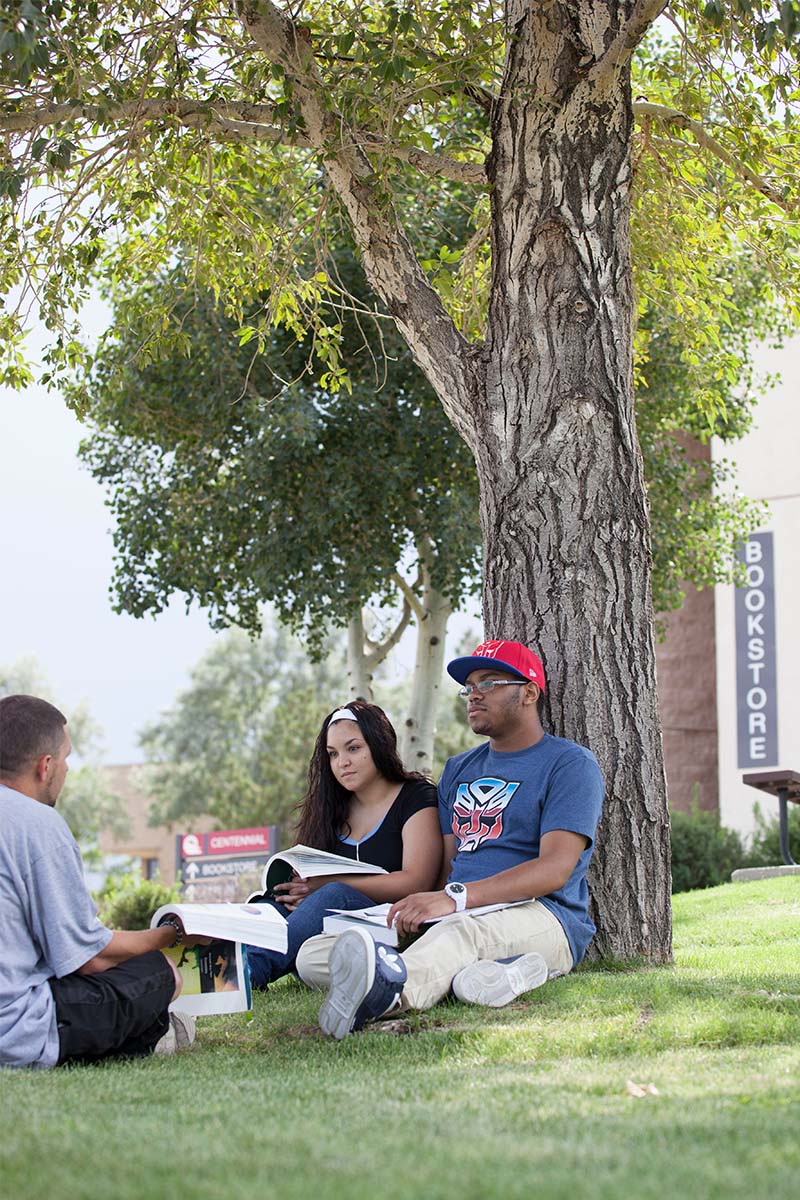Degree Type: Associate of Arts Degree, AA, Associate of Science Degree, AS
Pathway: Science, Engineering and Math
If you love the outdoors, want to help the environment, and are excited about a fast-growing job sector, this program is perfect for you. You'll explore the connections between humans and nature, develop critical thinking skills, and work on real-world projects. Our program prepares you for diverse environmental careers and smooth transfer to a four-year degree, all while providing hands-on experience and industry engagement. Join us to turn your passion for the environment into a rewarding career!


The study of environmental science prepares one for a variety of fields such as Environmental engineering techs, Environmental scientists, Geoscientists, Environmental science and protection techs, environmental science post-secondary teachers, Occupational health, and safety specialists. They may also work as a scientist, analyst, manager, instructor, researcher.
The curriculum in this program is designed to prepare students to transfer to a baccalaureate institution and complete a four-year degree in an environmental or sustainability related field of study. This program prepares students for a wide variety of careers, including conservation scientists, sustainability specialists, environmental planners, industrial ecologists, and compliance managers.
Our Geology program combines classroom learning with hands-on fieldwork, helping you understand the powerful forces that shape our region and planet. With a strong foundation in geology, you’ll be ready for advanced studies and careers in areas like environmental consulting, natural resource management and more.
Explore GeologyOur Geography program offers a deep dive into the physical landscapes and cultural dynamics that shape our world. As a geography student, you'll gain the skills needed for diverse careers like water management, resource conservation, climate change research, cartography, and teaching.
Explore Geography